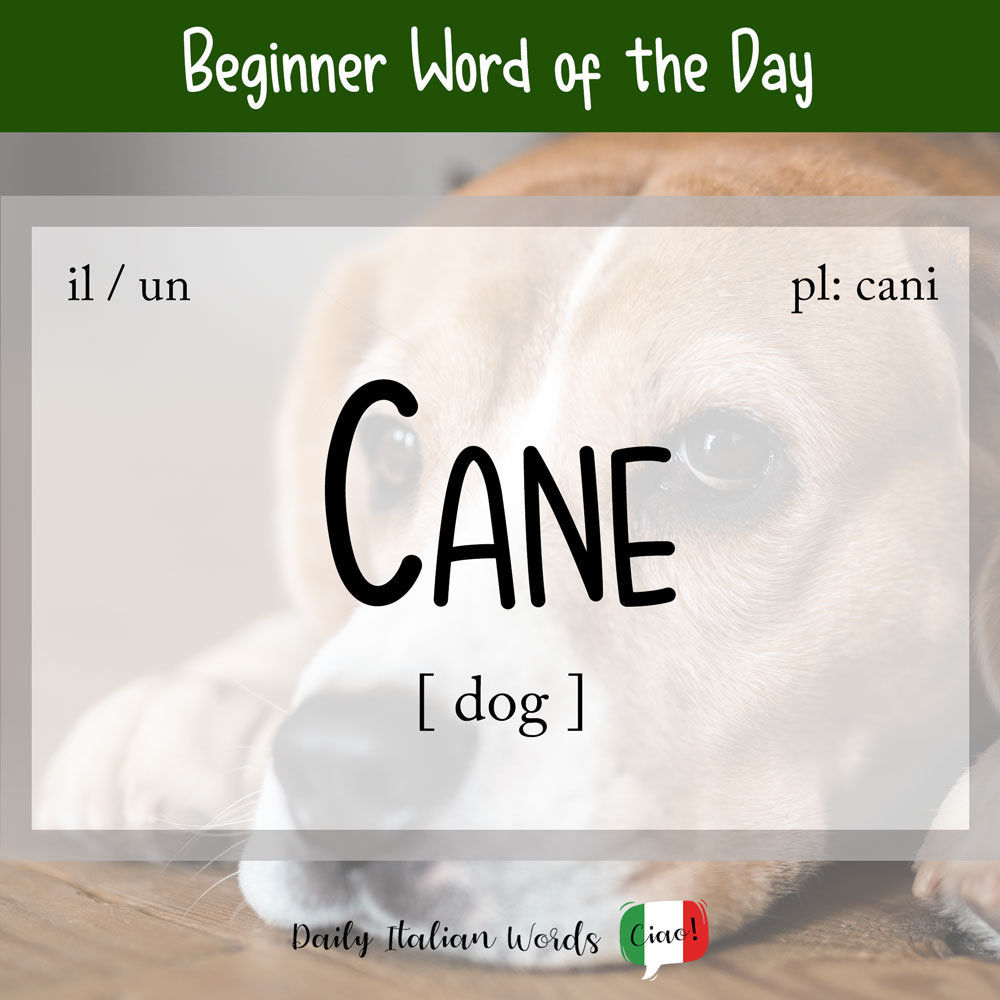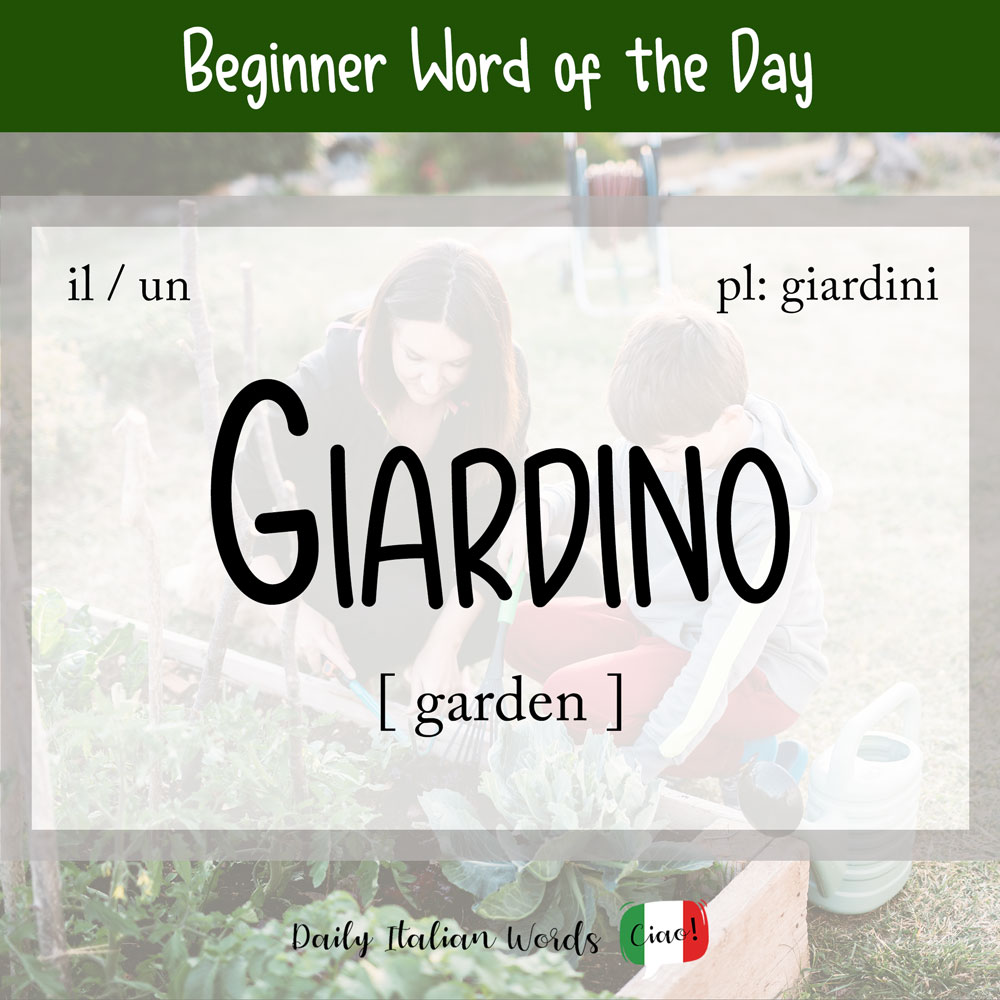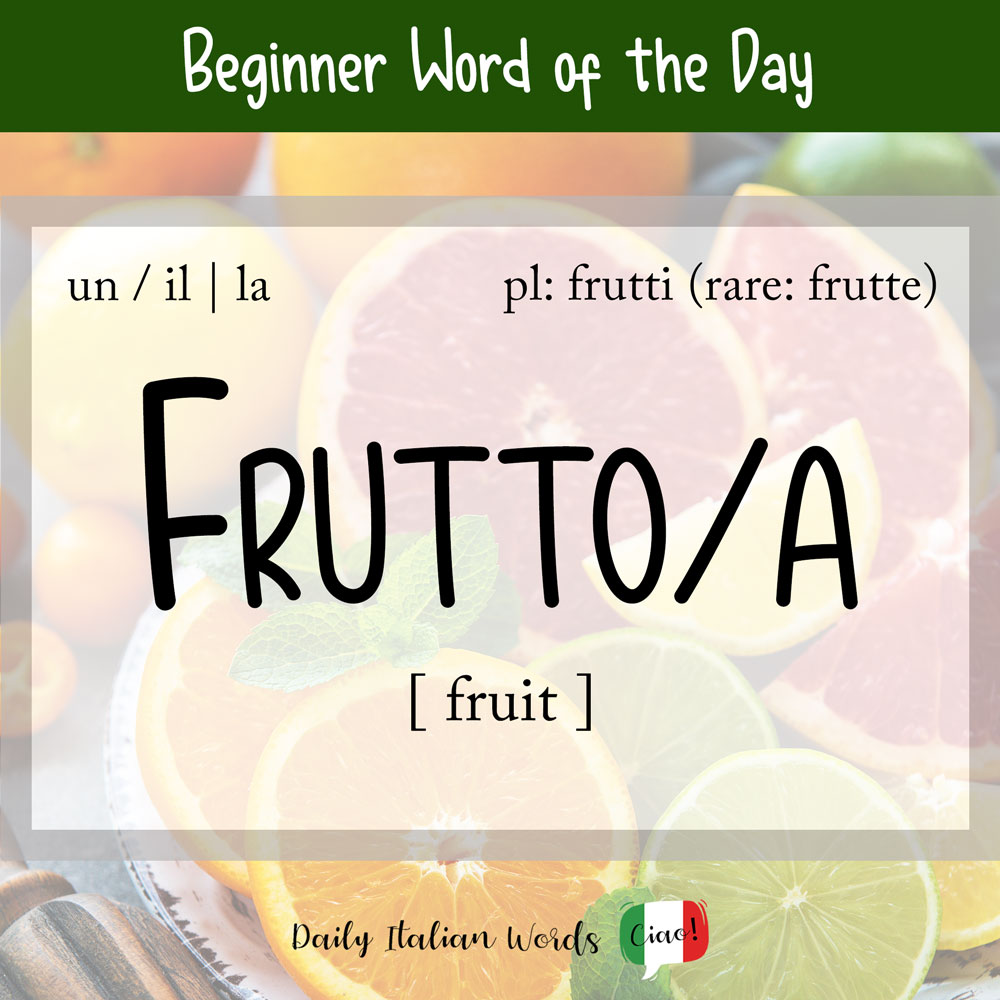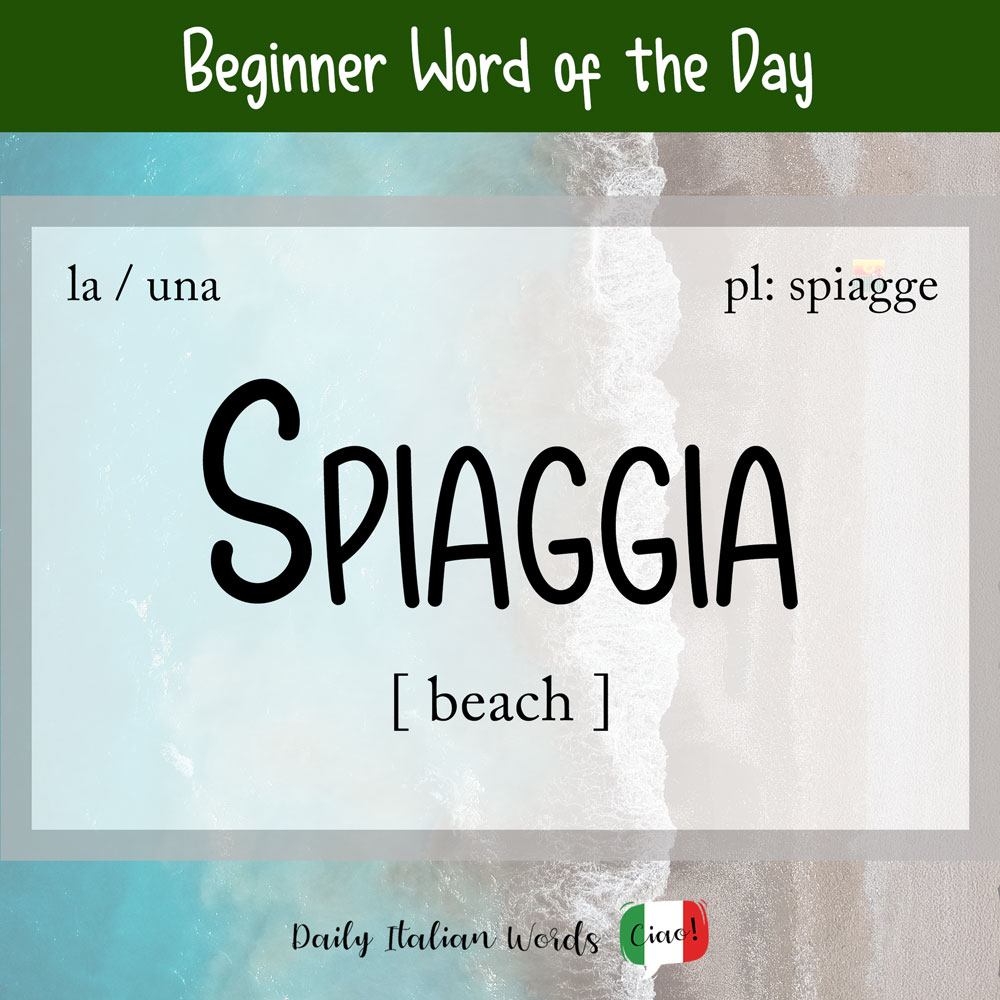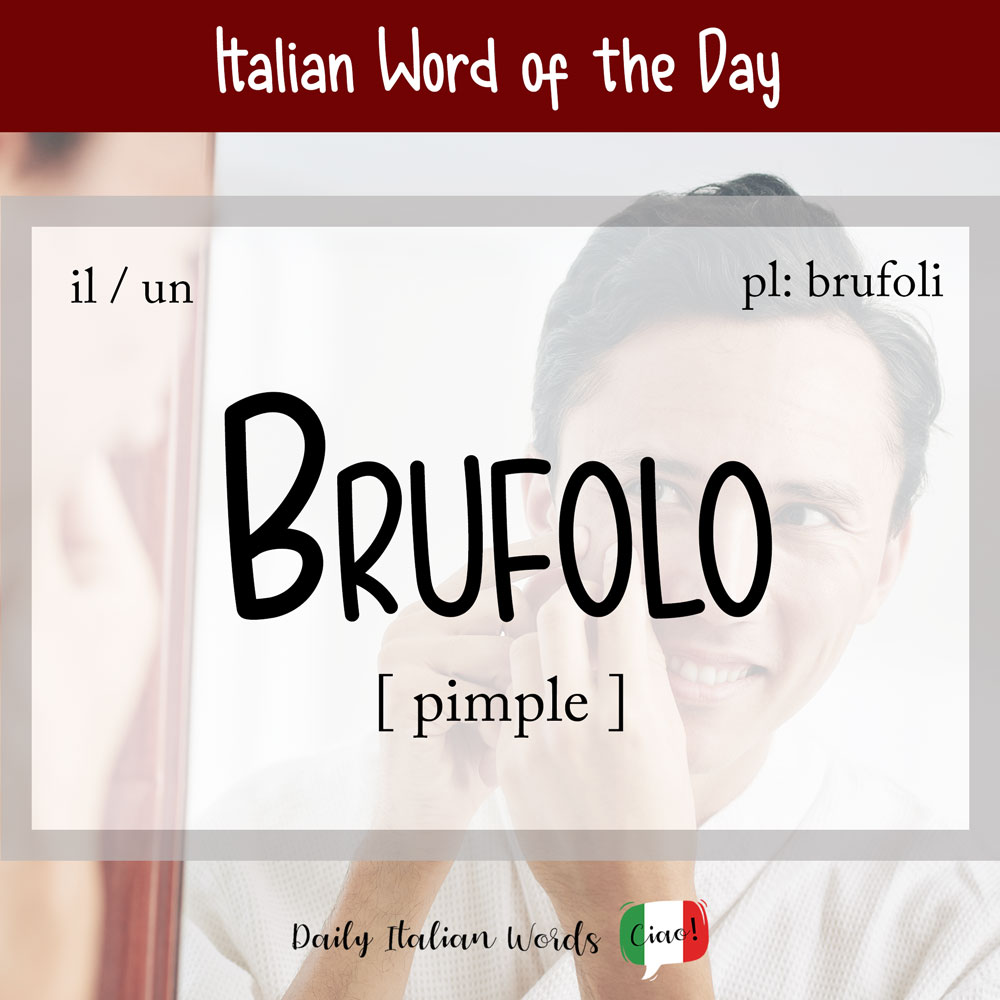How to Say “Dog” in Italian – Cane
Today’s post is all about man’s best friend! The word for dog in Italian is cane (plural: cani), which is easy to remember as it sounds similar to the word canine. It comes from the Latin canis meaning dog. The feminine of cane is cagna (bitch). In addition to referring to a bad or nasty …

